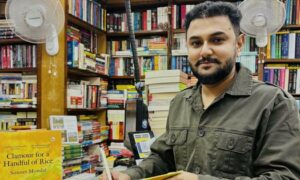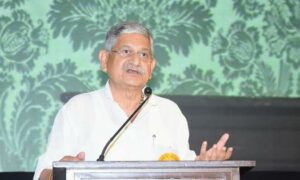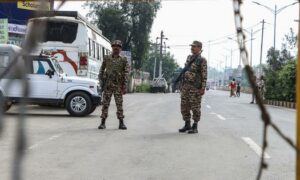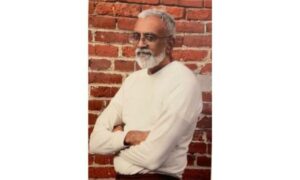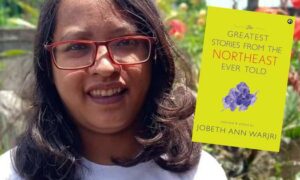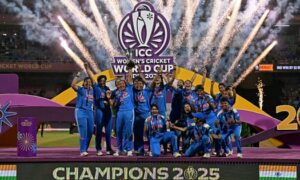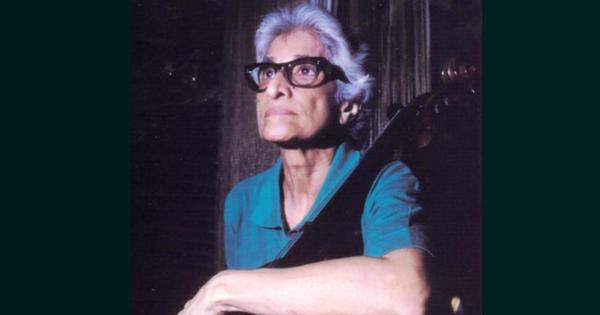
Jini Dinshaw, the founder of the Bombay Chamber Orchestra – India’s oldest active Western classical orchestra – was a one-woman institution in Mumbai’s Western classical music world.
Dinshaw, who died in her home in Mumbai on Thursday morning at the age of 95, established the BCO in 1962 in order to fill the hole left behind by the closure of the Bombay Symphony Orchestra (led by Mehli Mehta) and the Bombay Philharmonic.
The city had a host of talented music students and educators, and Dinshaw, herself a sought-after violinist and teacher, wanted to give them a platform to train and perform orchestral repertoire.
In the early years of the BCO, Dinshaw worked with limited resources to put together various sections of the orchestra, training them herself along with other classic music teachers in Mumbai. She sought help from the Goethe Institute and the British Council to bring in conductors from Europe, particularly for the self-taught musicians in the brass and woodwind sections.
In the 1970s, when the orchestra sorely needed new cellists, Dinshaw spent a month in Switzerland learning how to teach the cello to students back home.
Under Dinshaw’s leadership, the BCO went on to become India’s leading indigenous orchestra, comprising mainly Indian musicians. In 1985, it collaborated with Britain’s Royal Ballet Company to stage Giselle – the first live ballet performance in India.
Over the past 63 years, the orchestra has also performed with Hindustani classical legends like Vilayat Khan and Amjad Ali Khan. It continues to stage three to four concerts in Mumbai every year.
Dinshaw’s personal journey into music is as remarkable as her later achievements. Most professional musicians begin their musical education as young children, but Dinshaw was not given the opportunity to pick up an instrument until she was 17.
She was the youngest of eight children born to Parsi businessman Dinshaw Dhunjibhoy Mistry, who wanted her to become a doctor. But young Jini was adamant about music. In 1947, her father finally allowed her to sail to England to study under her first violin teacher, Gladys Noon. Dinshaw also lived with Noon and dusted her house for pocket money.
After 13 years of mastering the violin in England, Dinshaw moved back to Mumbai at the insistence of her ailing mother. She took up teaching, then, and did not stop for the next 60 years. To ensure that the BCO always had a steady supply of young talent across instruments, she began music classes using the Orff method – a method pioneered by German composer Carl Orff to give children a strong foundation in the basics of rhythm and melody.
Many students from Dinshaw’s Orff batches are now senior members of the BCO.
Aware of her own privilege, Dinshaw chose, early on, to offer affordable music education to all her students, and free lessons to those who could not pay. Music, she would say, was not about earning a living – for her, it was life itself. “I am married to my music,” she would say to anyone who asked her why she never chose to marry.
Even after retiring from the orchestra in her late 80s, she continued to teach the violin, viola and cello up until the age of 92.
Dinshaw may not be survived by immediate family – her last surviving sister died earlier this week at age 100 – but she leaves behind an indelible musical legacy: the Bombay Chamber Orchestra, its member musicians, and hundreds of students (including me) who were like family to her.
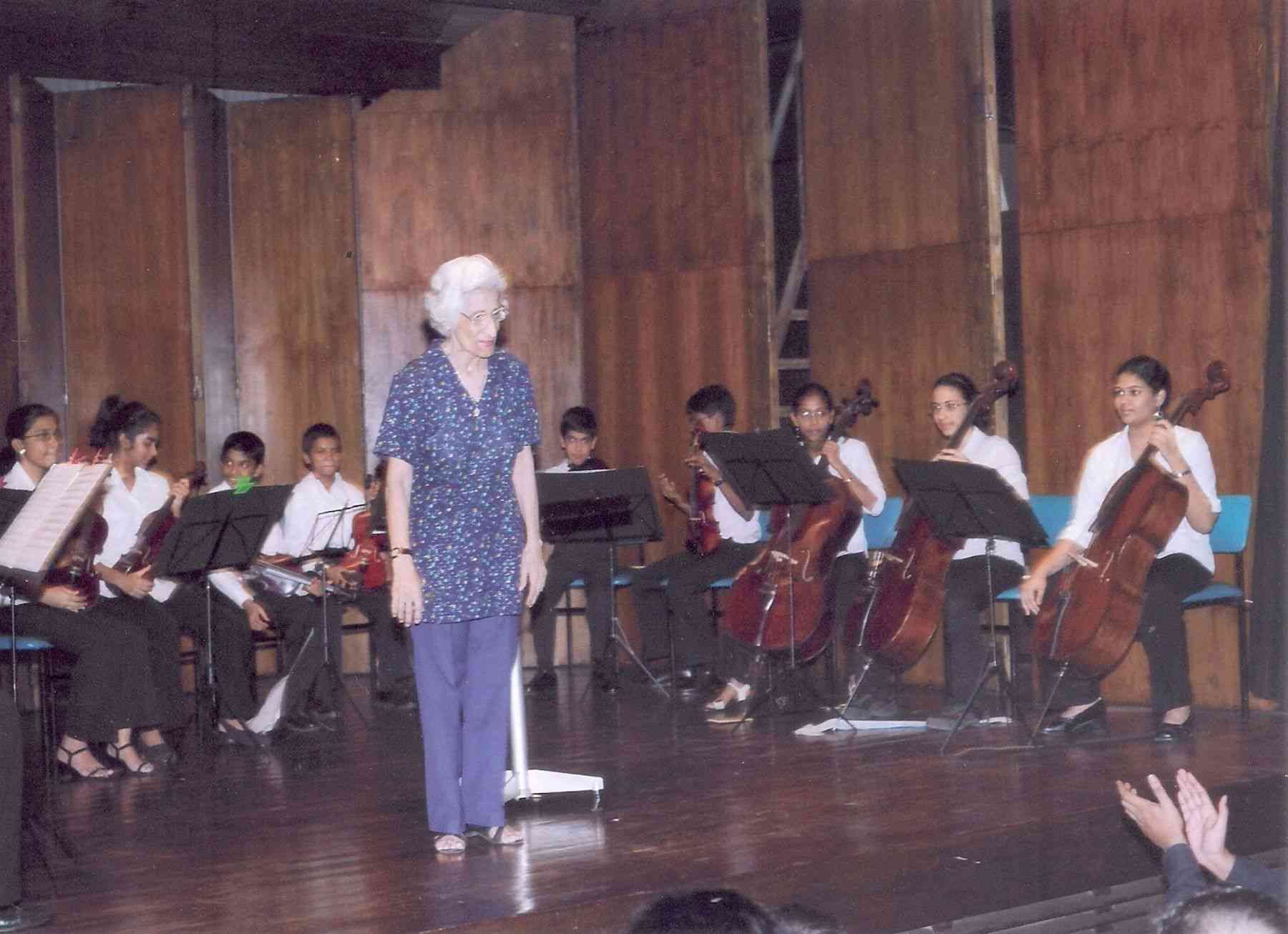
Journalist Aarefa Johari, a member of the Bombay Chamber Orchestra, learnt the violin with Jini Dinshaw for about a decade.
📰 Crime Today News is proudly sponsored by DRYFRUIT & CO – A Brand by eFabby Global LLC
Design & Developed by Yes Mom Hosting

